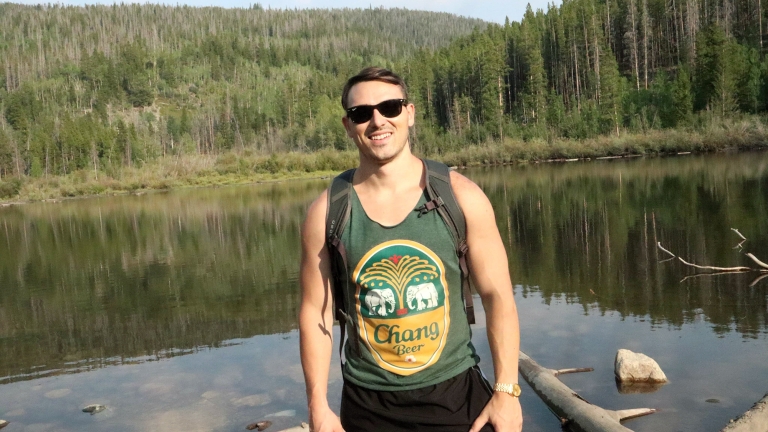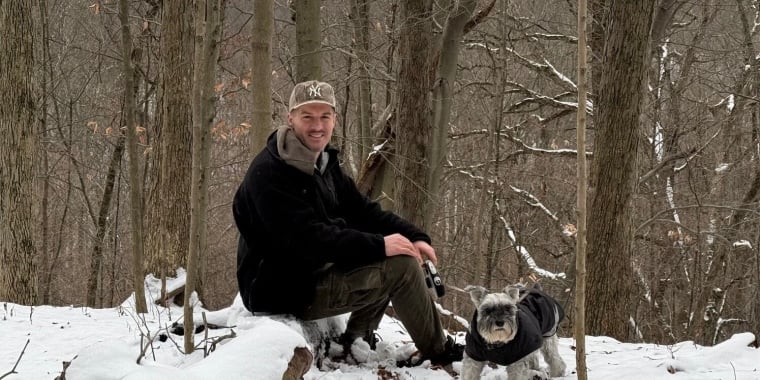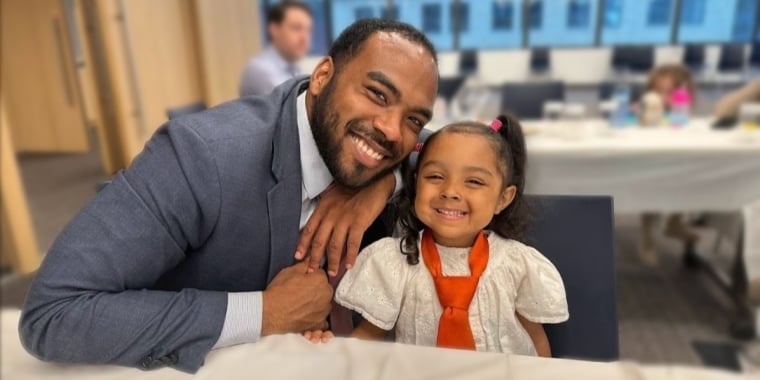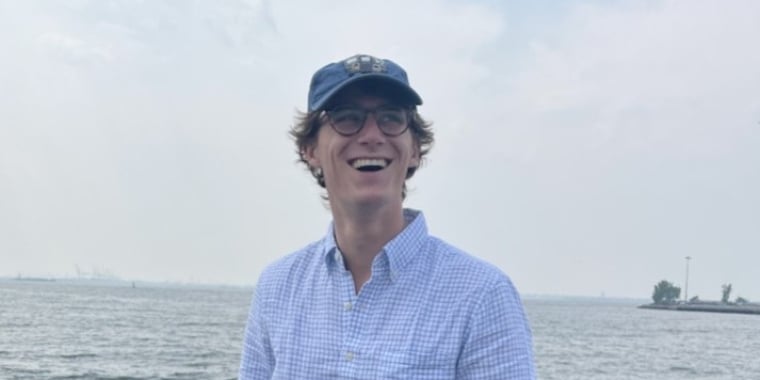Daniel Clark, Vice President, Partnerships

How did your previous roles lead you to NYCEDC?
I managed neighborhood development projects in Staten Island that eventually led to the creation of two business improvement districts. I went on to direct a nonprofit focused on neighborhood development, small business services, and workforce programs. So, I have a very traditional economic development background, but I like to think that I've touched a wide spectrum of the industry.
When did you join the company? What’s your day-to-day role?
I joined the Partnerships team in November 2017. As director of business development, I lead our business attraction, expansion, and retention portfolio. This consists of talking with large companies one-on-one and making the case for why they should choose NYC for their relocation. It also can include speaking to international business delegations on why NYC is the place to be or working with our real estate community and local economic development partners to help companies expand within the five boroughs.
What skills do you need for that role?
There's a certain degree of entrepreneurship as we have been building out our business development program over the past few years. Other skills are project management, network building, marketing, and public speaking. But more than anything, its understanding how to connect the dots and bringing the appropriate public-private stakeholders together to make things happen.
What’s the most rewarding part of your job? And the most challenging? (Is there a specific project or borough you enjoy working on?)
The most rewarding part of my job is bringing projects to lesser known parts of the city, like my native Staten Island. The most challenging aspect of the job is communicating to more cost-conscious companies the value of the non-financial services that we provide at NYCEDC—like workforce consultation, site selection, ecosystem connections, and regulation navigation. But once we get that light bulb to switch, and they realize they have a City partner to guide them towards success, it becomes deeply rewarding.
What would you be doing if you hadn’t decided to follow this career path?
I'm an infantry captain in the Army Reserves, so I certainly could have continued going down that route (and I still am, as an innovation officer). I've also always been drawn to city planning, real estate, and urbanism in general. Other than that, I wouldn’t mind traveling the unknown and being my own version of Anthony Bourdain (is that a job title?).
Search open positions.


